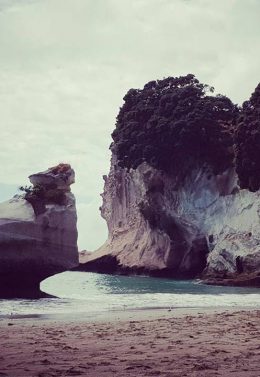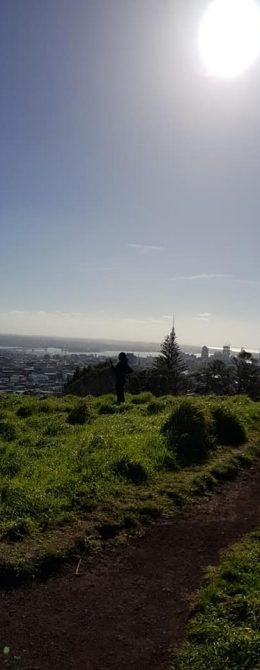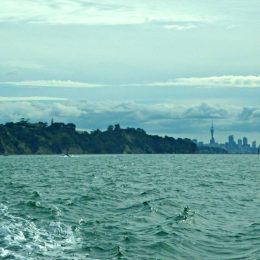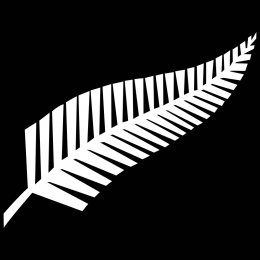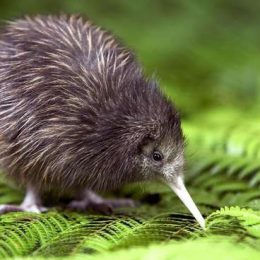New Zealand - its different and so beautiful
Weather and Climate
So if you have been told that New Zealand is a tropical island in the South Pacific, that is wrong. Don’t compare it to South Africa. It’s just different. Like the Cape, it rains in the winter, and is dry in the summer. But summer is shorter than the Cape. Winters can be very cold in some central North Island towns and the South Island, and snow is not uncommon. Auckland can be very wet in winter. You will be told about 4 seasons in one day, and that is true. But for an accurate idea of the weather, look right here or here I also use this lovely website to watch for cyclones an anything weather related.
You will also have been frightened off by some people about the earthquake risks in New Zealand. We are very prepared for these events, and it is true we live on the Pacific Ring of Fire. But the risk is no more than San Francisco or Istanbul.
Volcanoes are not a problem, but there are vast areas of thermal activity especially in the central North Island around Rotorua
If there is a natural disaster in New Zealand would you know what to do ? Go here for all the latest information regarding how to prepare for a natural disaster.
If you have come across a major public disruption, like trees blocking a road call 111, strong winds have been known to blow trees over. If it’s a residential road and not causing too much traffic issue, then call your local council to have it removed.
Politics
Some people will find the politics in New Zealand “quaint”. Like an English village. Nothing much happens but there is a lot of noise and gossip. The differences between the left and right may seem stark, but essentially change between elections is slow and incremental. The fringe left and right make a lot of noise. New Zealand is a constitutional democracy and the head of the Commonwealth is the Constitutional Head of the Country. The Governor General is a titular head and the Queen’s representative in New Zealand.
New Zealand also has a “strange” complex Mixed Member Proportional representation system of Members of Parliament. This gives smaller parties representation in parliament but also means there is continuous compromise and coalition governments are the norm rather than the exception.
The main parties are National and Labour, with several fringe parties including New Zealand First, the Green Party, and ACT also represented in parliament.
Politics in towns and cities is like South Africa, where city and town councillors are elected by residents.
You will find politics is very open, and as a resident, you will have full voting rights. You need not even be a citizen.
New Zealand ranks among the highest in the world for government transparency and has the lowest perceived rate of corruption in the world
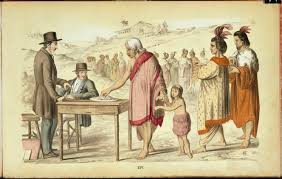

History
It is impossible on a site such as this to cover the history of New Zealand. You probably won’t be aware however, that this is a very young country compared to South Africa. South Africa was settled in 1652. Maori discovered New Zealand in the early 1300’s, and Captain Cook was the first European to comprehensively map New Zealand from 1759. But the most important period in New Zealand history is the development of settlement by missionaries, traders and adventurers in the 1800’s, which ultimately lead to the Treaty of Waitangi between the British Crown and Maori Chiefs. This document governs a lot of what now happens in New Zealand. It is well studied in schools and teachers and many other public servants need to have a good knowledge of the Principles of the Treaty. The three “P’s”, as they are often referred to, are the principles of partnership, participation and protection. These underpin the relationship between the Government and Māori under the Treaty of Waitangi.
Plants and Animals
Because New Zealand was isolated for tens of thousands of years, the natural environment is completely different to anywhere else on earth. Birds lost the ability to fly, because there were no predators, and there are no snakes and very few poisonous spiders. In fact, the word “gentle” probably describes the natural environment. Coming from South Africa it can also be boring. The only native land animal is a bat, and there are plenty of unique species such as tuatara and Weta
The pests are mainly introduced species which can have a devastating impact on the environment. Possums and rats are a major problem, and even domestic cats are a problem because native birds have essentially no defense. And dogs are a problem to the iconic Kiwi bird.
Kiwis generally have respect for the environment, and pollution and litter are not tolerated.
New Zealanders are outdoor people, and some of the walks are among the best in the world. You will soon be motivated to try the Tongariro crossing or one of the other great walks
New Zealand Emergency Numbers
105 is the number for Police non-emergencies. 111 is the emergency number for Police, Fire and Ambulance.
You can use 105 to report things that have already happened that don’t need urgent Police assistance.
You are encouraged to go online to 105.police.govt.nz to:
*Report any situation that doesn’t require immediate Police or Emergency Services attendance
*Request an update on a report already made or add to an existing report.
*Your car or bike has been stolen
*Someone has vandalised your wall
*You’ve lost your wallet or phone, or your handbag was stolen at the library
*Someone broke into your car and might have taken something
*You’re a retailer and someone has shoplifted or driven off without paying for gas.
*You suspect a scam or drug dealing
*Your house has been burgled (if you think the burglar may still be in your home, or running down the street, do not go inside – contact Police immediately by calling 111)
Always call 111 in an emergency such as:
*When a crime is happening now – and the offenders are still there or have just left
*Someone’s in danger or badly injured like a car accident or has been assaulted.
*There’s a serious risk to human life or property
*You see a major public hazard, like trees blocking a road.
Call *555 (mobile phone only)
*For urgent but not life-threatening traffic matters that don’t need an emergency Police response
*Continuous poor driving
*Traffic congestion, breakdowns and obstructions on the highway
*555 is not intended to take the place of the 111 emergency number. Always call 111 in an emergency. *555 calls are answered with less priority than 111 calls.
